Netukulimk
by April Thanhauser
Like many of Earth’s gifts that we once thought inexhaustible, the fish populations are running out. With the number of fish-eating humans exploding and the fishing techniques and technologies growing in rapacious effectiveness, many, if not most fish species are in dangerous decline. It is time for an intervention.
There are organizations working hard to amend the situation Laws are in place to curtail over fishing. sustainablefish.org works with both fisheries and the seafood industries to provide the science to guide decision making in favor of fish survival. An organization called Rare (rare.org) works with smaller-scale, shore-based fishing communities around the world to set up local systems of sustainable fishing, including maintaining small reserves, or voluntary no-fish zones, to give the fish a place to reproduce. The Ocean Conservancy works on may fronts to manifest its vision of clean and thriving oceans: this includes species protection, ocean trash reduction, working against seawater acidification, and advocating for huge marine reserves, to give all the ocean creatures safe zones to live and raise their families.
While ocean science is critical to the work of these organizations, there’s another element needed for the oceans, and people, to flourish: Netukulimk.
Recently I heard an inspiring lecture given by Robin Wall Kimmerer to environment studies classes at UVM. The students were learning about the meeting of SEK and TEK—scientific ecological knowledge and traditional ecological knowledge. Both are rooted in careful, detailed observation of the natural world. TEK can call upon vast troves of ancestral wisdom, generations of intimate experience. SEK has vast networks of technology. When combined they can be a powerful guiding force for effective, and sacred, action
Most of the large and wonderful organizations working for the ocean creatures rely on critical evidence gained from state-of-the-art scientific observation and data collection; this is essential SEK. But there is also the possibility of drawing on TEK. The Mi’kmaq of Cape Breton (Unamaki) Nova Scotia, have been gathering MEK (MI’kmaq Ecological Knowledge) to interweave with science to guide the work of their Unamaki Institute of Natural Resources (www.uinr.ca). While tiny compared to the global organizations, they can give us a powerful, living example. Their guiding principle is Netukulimk.
The consciousness of Netukulimk is this: “We view the world and all that is in it as having spirit. We consider all life equal to our own and treat it with respect.”
The resulting code of behavior is this: “Animals and plants are not taken if they are not needed When taken, all spirits are acknowledged and respected as relatives and are offered tobacco, prayer or ceremony (or in combination). No part of an animal is wasted. All that cannot be used is returned to the creator.”
The conclusion is: “The current mode of harvesting and consciousness needs to change. We must understand that we are interconnected with Everything. Every action has a positive or negative outcome…
Cod is not a commodity. It is a living entity. It’s survival is our foremost concern.”
(Peju, Mi’kmaq Ecological Knowledge: Cod in Unama’kia publication from a series by Unama’ki Institure of Natural Resources 2013, Eskasoni, NS)
By combining the understandings and long-term vision of traditional knowledge with the brilliance of modern science, and the heart-felt conviction that in fact we are all related, perhaps we can find Netukulimk for the fisheries of today.
